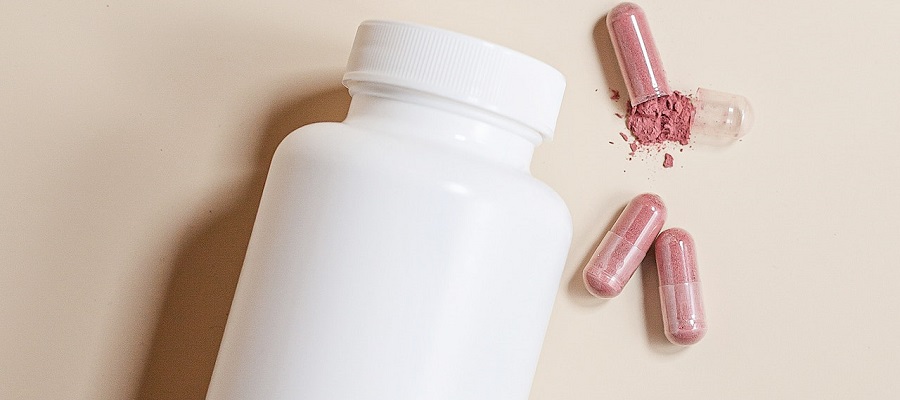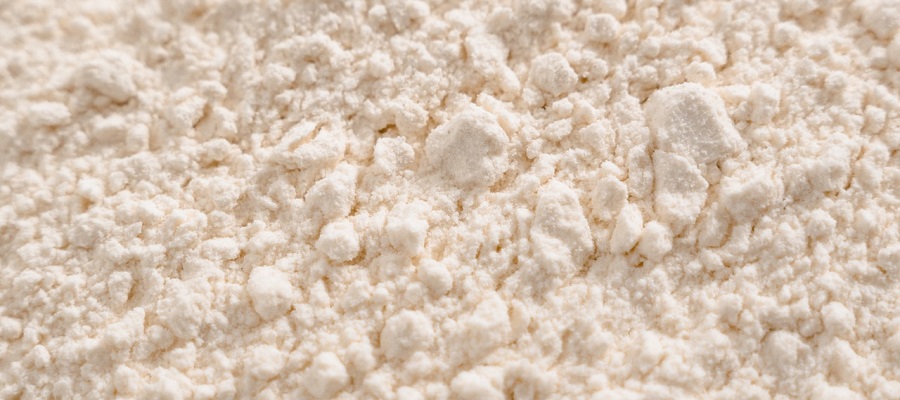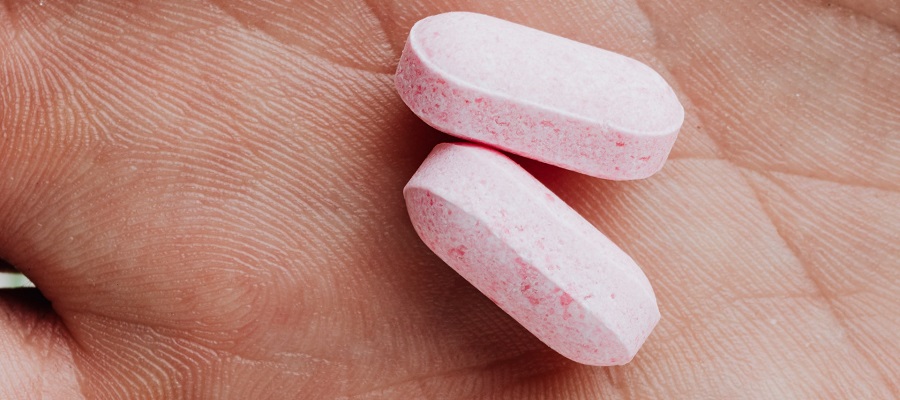Phenylalanine is an essential amino acid, meaning that it is necessary for human health but cannot be produced by the body and must be obtained through the diet. Phenylalanine plays a number of important roles in the body, including helping to build proteins, aiding in the production of certain hormones and neurotransmitters, and supporting brain function. Some of the key functions of phenylalanine in the body include:
-
Protein synthesis: Phenylalanine is one of the building blocks of proteins, and it is involved in the synthesis of proteins in many tissues and organs.
-
Hormone and neurotransmitter production: Phenylalanine is involved in the production of certain hormones and neurotransmitters, such as epinephrine, norepinephrine, and dopamine, which are important for various functions in the body.
-
Brain function: Phenylalanine may support brain function by increasing the production of certain neurotransmitters that are involved in mood and cognition.
Phenylalanine can be found in a variety of foods, including animal proteins, such as meat, poultry, and fish, as well as some plant-based sources, such as beans, lentils, and soy. It is also available in supplement form.
What are the benefits of Phenylalanine?
Phenylalanine has a number of potential health benefits, including:
-
Supporting protein synthesis: Phenylalanine is an essential amino acid that is necessary for the synthesis of proteins in many tissues and organs.
-
Aiding in hormone and neurotransmitter production: Phenylalanine is involved in the production of certain hormones and neurotransmitters, such as epinephrine, norepinephrine, and dopamine, which are important for various functions in the body.
-
Supporting brain function: Phenylalanine may support brain function by increasing the production of certain neurotransmitters that are involved in mood and cognition.
-
Reducing pain: Some studies have suggested that phenylalanine may have pain-relieving properties and may be effective in reducing certain types of pain, such as neuropathic pain and fibromyalgia.
-
Improving mood: Some research suggests that phenylalanine may have antidepressant effects and may help to improve mood.
It's important to note that more research is needed to fully understand the potential health benefits of phenylalanine and to determine the appropriate dosage and duration of use. It is always best to consult with a healthcare provider before taking any dietary supplement.
How much Phenylalanine should one supplement daily?
The recommended daily intake of phenylalanine depends on a person's age, gender, and level of physical activity. The recommended dietary allowance (RDA) for phenylalanine is:
- Children 1-3 years: 700 mg/day
- Children 4-8 years: 900 mg/day
- Children 9-13 years: 1200 mg/day
- Children 14-18 years: 1600 mg/day
- Adults: 1600-2000 mg/day
It's important to note that these recommendations are for the intake of phenylalanine from all sources, including food and supplements. It is generally best to meet your nutrient needs through a healthy and varied diet rather than relying on supplements.
If you are considering taking a phenylalanine supplement, it is always best to consult with a healthcare provider to determine the appropriate dosage for your individual needs. It is important to follow the dosage recommendations provided on the product label and to not exceed the recommended daily intake.
Can one over-supplement Phenylalanine?
It is possible to over-supplement with phenylalanine, an essential amino acid that is found naturally in protein-rich foods such as meat, dairy products, and beans. However, this is generally not recommended, as high levels of phenylalanine can have negative effects on the body.
Phenylalanine is used by the body to produce proteins, enzymes, and neurotransmitters such as dopamine and norepinephrine. It is also converted into tyrosine, which is then used to produce hormones such as thyroid hormone and melanin.
While phenylalanine is an important nutrient, taking too much of it can cause problems. For example, high levels of phenylalanine can interfere with the absorption of other amino acids, leading to an imbalance in the body. It can also cause side effects such as headache, nausea, and dizziness.
In addition, people with certain medical conditions, such as phenylketonuria (PKU) or tyrosinemia, must be particularly careful with their intake of phenylalanine, as they are unable to metabolize it properly.
Overall, it is important to get enough phenylalanine through a balanced diet and to avoid taking supplements unless recommended by a healthcare professional. If you are considering taking a phenylalanine supplement, it is important to consult with a healthcare professional to determine the appropriate dosage and to monitor for any potential side effects.
Which foods contain a lot of Phenylalanine?
Phenylalanine is an essential amino acid that is found naturally in many protein-rich foods. Some examples of foods that are high in phenylalanine include:
- Meat, such as beef, chicken, and pork
- Fish, such as salmon, tuna, and halibut
- Dairy products, such as milk, cheese, and yogurt
- Eggs
- Nuts and seeds, such as almonds, peanuts, and sunflower seeds
- Beans and legumes, such as lentils, chickpeas, and kidney beans
- Soy products, such as tofu and soy milk
- Grains, such as oats, quinoa, and amaranth
- Some vegetables, such as broccoli and spinach
It is important to note that the amount of phenylalanine in a food will depend on its protein content. For example, a serving of chicken breast, which is high in protein, will contain more phenylalanine than a serving of broccoli, which is lower in protein.
It is generally recommended to get your nutrients from a varied and balanced diet that includes a variety of whole, unprocessed foods, rather than relying on supplements or single foods as a primary source of nutrients. This can help ensure that you are getting all of the nutrients you need in the right proportions.


